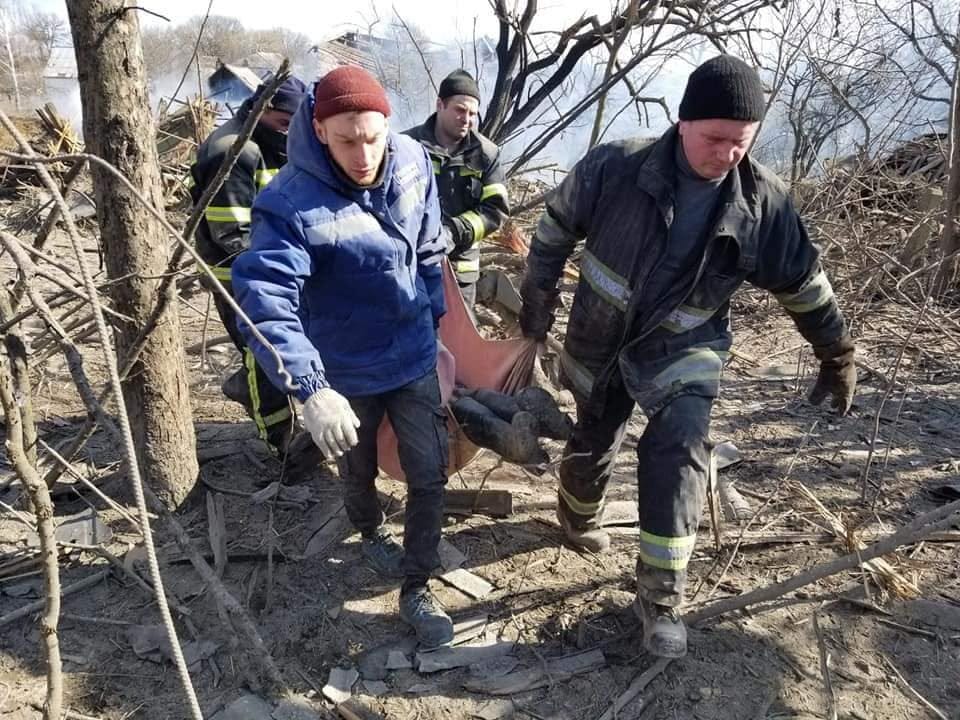How the Kremlin’s Narratives Are Still Influencing Some Western Political Leaders
Don’t Think that Russian Influence Has Disappeared
Malyn city (Ukraine, Zhytomyr Oblast) after 8 March Russian airstrike during Russian invasion. Emergency servicemen carry a dead body found under rubble. March 9, 2022. Source Emergency service of Ukraine
The Russian regime’s criminal war on Ukraine is far from having eliminated the Kremlin’s propaganda narratives. But as has happened in the past, the so…


